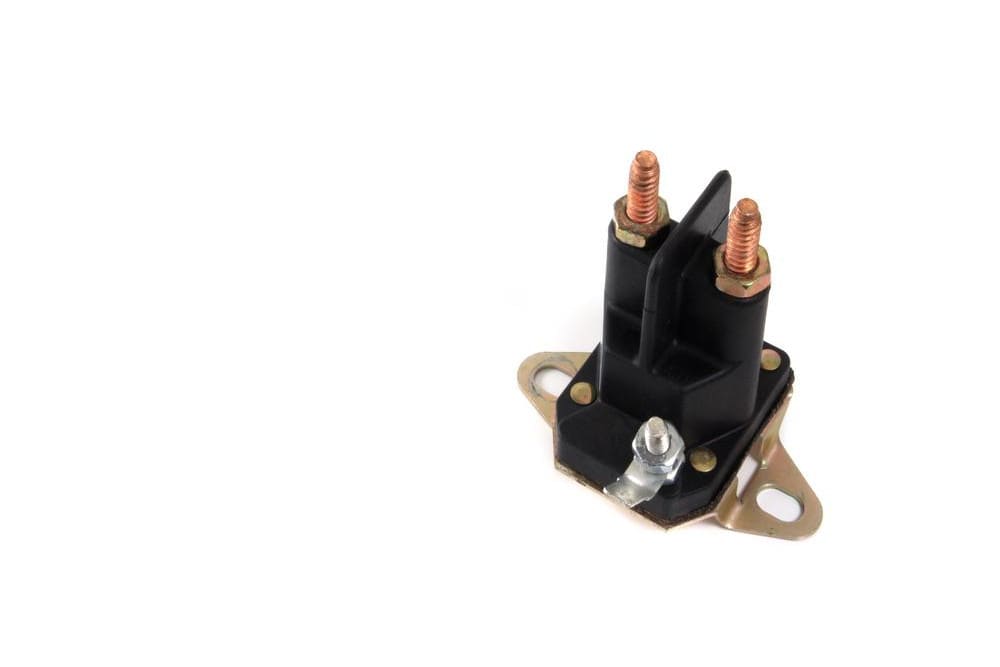

Many modern engines are equipped with EGR systems to help lower vehicle emissions. The EGR system’s purpose is to recirculate exhaust gas back into the engine so that they can be reburned, reducing cylinder temperatures and NOx emissions. The EGR system uses a combination of sensors and solenoids to control the flow of the exhaust gases for maximum engine efficiency.
One of these solenoids is the EVP shut off solenoid. The EVP shut off solenoid is one of the main components used to control the flow of the EGR system. The computer continuously monitors the pressure and temperature of the EGR system and will activate the EVP shut off solenoid when the correct conditions are met. When the EVP shut off solenoid fails, the EGR system can remain open and flowing, even when it is not desirable for it to do so. Usually a bad or failing EVP shut off solenoid will produce a few symptoms that will alert the driver of a potential problem that should be serviced.
1. Poor cold start performance
One of the first symptoms of a problem with the EVP shut off solenoid is poor cold start performance. If the EVP solenoid fails the EGR valve can remain permanently opened. This can cause the vehicle to experience rough idle and even hard starting, especially during cold starts.
2. Check Engine Light comes on
Another symptom of a bad or failing EVP shut off solenoid is an illuminated Check Engine Light. If the computer detects a problem with the EVP shut off solenoid circuit it will set off the Check Engine Light to alert the driver of an issue. The Check Engine Light can also be activated by a wide variety of other issues so having the vehicle scanned for trouble codes is highly recommended.
3. Failed emissions test
Another symptom of a problem with the EVP shut off solenoid is a failed emissions test. The EVP shut off solenoid is a part EGR system, which is designed to reduce NOx emissions. A bad solenoid may compromise the functionality of the entire EGR system, which can cause the vehicle to fail an emissions test due to excessive NOx emissions. For states with strict emissions regulations, this may render the vehicle legally undriveable until the problem is fixed.
The EVP shut off solenoid is an important component in maintaining the proper functionality of the EGR system. Any problems with it can compromise the effectiveness of the EGR system and cause excessive NOx emissions. For this reason, if you suspect that your EVP shut off solenoid may be having an issue, have the vehicle inspected by a professional technician, such as one from YourMechanic, to determine if the component should be replaced.



